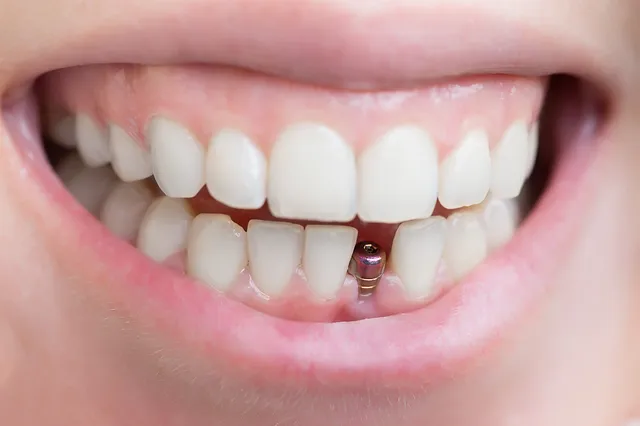Comprehensive Guide to Dental Implants: Types, Benefits, and Costs

Are you considering dental implants to restore your smile and improve your oral health? Dental implants are a popular and effective solution for replacing missing teeth. In this comprehensive guide, we will delve into everything you need to know about dental implants, from the various types available to their benefits and the costs associated with the procedure.
Understanding Dental Implants
What Are Dental Implants?
Dental implants are artificial tooth roots that are surgically implanted into the jawbone to support a replacement tooth or dental bridge. They are made of biocompatible materials, such as titanium, which allows them to fuse with the bone over time, providing a stable and durable foundation for prosthetic teeth.
Types of Dental Implants
There are several types of dental implants to cater to different patient needs:
- Endosteal Implants: These are the most common type of dental implants and are placed directly into the jawbone. They are typically shaped like screws, cylinders, or plates.
- Subperiosteal Implants: These implants are placed on top of the jawbone but beneath the gum tissue. They are suitable for patients with insufficient bone height.
- All-on-4 Implants: This is an innovative approach that allows for the placement of a full arch of teeth on just four implants, providing a more cost-effective and efficient solution for those needing extensive dental work.
Benefits of Dental Implants
Natural Appearance and Functionality
Dental implants closely mimic natural teeth in both appearance and function. They are designed to look and feel like your own teeth, allowing you to eat, speak, and smile with confidence.
Also Read Top 3 Adidas Eyeglasses that Complement Diamond Face Shapes
Long-lasting Solution
With proper care and maintenance, dental implants can last a lifetime. Unlike other tooth replacement options like dentures and bridges, which may require replacement every few years, dental implants offer a permanent solution.
Preserves Jawbone Health
When you lose a tooth, the jawbone can begin to deteriorate over time. Dental implants stimulate bone growth and prevent bone loss, preserving your facial structure and overall oral health.
Improved Oral Health
Dental implants do not require the alteration of adjacent healthy teeth, as is necessary with traditional dental bridges. This means that your natural teeth remain untouched, promoting better oral hygiene.
Costs of Dental Implants
Factors Affecting Costs
The cost of dental implants can vary widely depending on several factors, including:
- The number of implants required
- The type of implant used
- The need for additional procedures (e.g., bone grafting)
- Geographic location and the specific dental clinic
Insurance Coverage
While dental implants are not always covered by insurance, some plans may offer partial coverage. It’s essential to check with your insurance provider to understand your coverage options.
Long-term Investment
While dental implants may have a higher upfront cost compared to other tooth replacement options, they are a long-term investment in your oral health and quality of life. Consider the benefits and longevity when assessing the overall value.
The Dental Implant Procedure
Consultation and Planning
The dental implant process begins with a thorough examination and treatment plan. Your dentist will evaluate your oral health, discuss your goals, and create a customized treatment plan tailored to your needs.
Implant Placement
During the surgical procedure, the implant or implants are placed into the jawbone. Healing and osseointegration, the process of the implant fusing with the bone, usually take several months.
Restoration
Once the implant has fully integrated with the jawbone, a dental crown, bridge, or denture is attached to the implant, completing the restoration. This final step results in a fully functional and aesthetically pleasing smile.
Conclusion
Dental implants offer an excellent solution for individuals seeking to restore their smiles and improve their overall oral health. Understanding the types of implants, their benefits, and the associated costs is crucial when considering this dental procedure. With the potential for a lifelong, natural-looking smile, dental implants are a worthwhile investment in your well-being and self-confidence. If you’re interested in dental implants, consult with a qualified dental professional to discuss your options and create a personalized Dental Implants treatment plan that suits your needs and budget.





